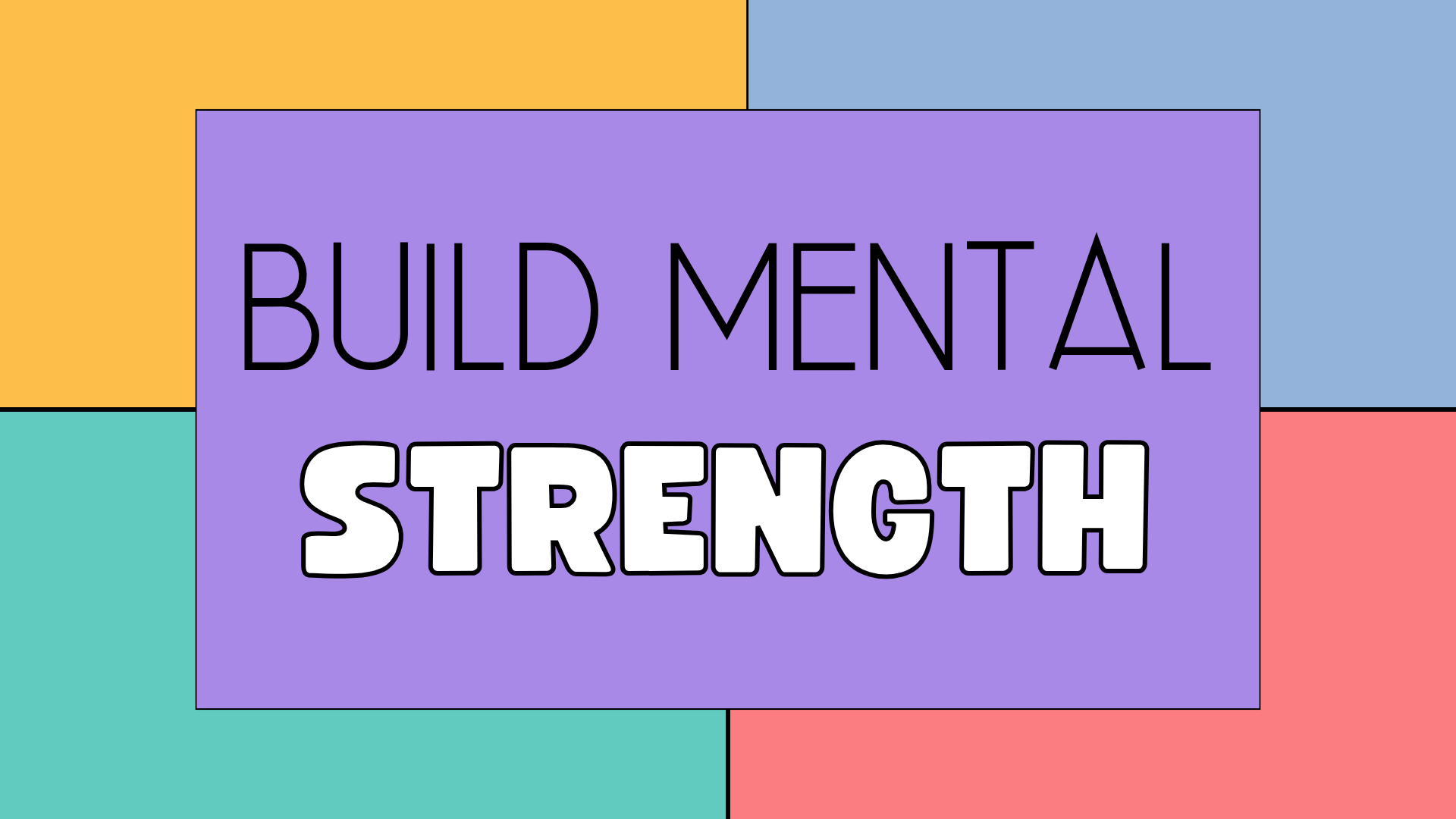“The mind is everything. What you think you become.” – Buddha
The phrase “conquer the world” is a powerful metaphor that highlights the transformative power of mental strength. It suggests that by cultivating a strong mind, you can overcome challenges, achieve your goals, and make a significant impact on the world.
Here’s why mental strength is crucial:
- Resilience: Mentally strong individuals are better equipped to bounce back from setbacks and failures. They view challenges as opportunities for growth rather than obstacles.
- Self-Discipline: Mental strength enables you to stay focused, prioritize tasks, and resist distractions. This self-discipline is essential for achieving long-term goals.
- Positive Mindset: A positive mindset can significantly impact your outlook on life. It helps you maintain optimism, even in difficult times.
- Effective Decision-Making: Mental clarity allows you to make sound decisions, even under pressure.
- Emotional Intelligence: Understanding and managing your emotions helps you build strong relationships and navigate social situations effectively.
- Adaptability: Mentally strong individuals are flexible and can adjust to change. They are open to new ideas and experiences.
- Perseverance: The ability to persevere through challenges is a key characteristic of mentally strong people. They don’t give up easily.
By developing mental strength, you can unlock your full potential and achieve your dreams. It’s a journey that requires consistent effort and practice, but the rewards are immeasurable. Becoming mentally strong involves cultivating habits and practices. Here are some effective practices to develop mental strength:
1. Embrace Challenges and Discomfort
Why It Matters: Facing challenges helps you grow and adapt.
How to Practice:
-Step out of your comfort zone regularly.
-Take on tasks that push your limits.
-Reflect on how overcoming struggles strengthens you.
2. Develop Emotional Regulation
Why It Matters: Managing emotions helps you stay calm and focused.
How to Practice:
-Practice mindfulness or meditation.
-Respond thoughtfully instead of reacting impulsively.
-Acknowledge emotions without letting them control you.
3. Build a Growth Mindset
Why It Matters: Believing you can improve makes you more resilient.
How to Practice:
-See failures as opportunities to learn.
-Celebrate progress, not just outcomes.
-Reframe setbacks as temporary and solvable.
4. Focus on What You Can Control
Why It Matters: Letting go of uncontrollable factors reduces anxiety.
How to Practice:
-Identify what is within your power to change.
-Accept situations you cannot control with grace.
-Redirect energy toward actionable goals.
5. Cultivate Self-Discipline
Why It Matters: Staying consistent builds confidence and resilience.
How to Practice:
-Create routines and stick to them.
-Break larger goals into manageable steps.
-Practice delaying gratification for long-term rewards.
6. Practice Gratitude
Why It Matters: Focusing on positives builds mental resilience.
How to Practice:
-Keep a daily gratitude journal.
-Reflect on three things you’re thankful for each day.
-Express appreciation to others.
7. Strengthen Problem-Solving Skills
Why It Matters: Creative solutions reduce feelings of helplessness.
How to Practice:
-Approach problems methodically: define, brainstorm, act.
-Seek multiple perspectives before deciding.
-Stay resourceful and persistent.
8. Set Boundaries
Why It Matters: Protecting your energy reduces stress.
How to Practice:
-Learn to say “no” without guilt.
-Prioritize relationships and activities that uplift you.
-Limit exposure to toxic or draining influences.
9. Stay Physically Active
Why It Matters: Physical health supports mental strength.
How to Practice:
-Exercise regularly to boost endorphins.
-Eat nutritious foods for energy and focus.
-Prioritize sleep to restore mental clarity.
10. Seek Continuous Learning
Why It Matters: Expanding knowledge boosts confidence and adaptability.
How to Practice:
-Read books, take courses, or learn new skills.
-Stay curious and open to feedback.
-Engage in activities that challenge your intellect.
11. Build a Supportive Network
Why It Matters: Strong relationships help you navigate tough times.
How to Practice:
-Surround yourself with positive, supportive people.
-Share your struggles and seek guidance when needed.
-Invest time in building meaningful connections.
12. Cultivate Self-Compassion
Why It Matters: Being kind to yourself builds inner resilience.
How to Practice:
-Forgive yourself for mistakes.
-Replace negative self-talk with constructive affirmations.
-Treat yourself with the same kindness you’d offer a friend.
13. Practice Patience
Why It Matters: Strength takes time to develop.
How to Practice:
-Focus on small, consistent improvements.
-Avoid comparing your journey to others.
-Celebrate the effort, not just the outcome.
14. Learn Stress-Management Techniques
Why It Matters: Managing stress keeps you focused and resilient.
How to Practice:
-Use relaxation techniques like deep breathing or yoga.
-Take breaks to recharge during demanding tasks.
-Engage in hobbies or activities you enjoy.
15. Commit to Your Values
Why It Matters: Acting in line with your values builds confidence and purpose.
How to Practice:
-Define your core values and revisit them often.
-Align daily actions with what matters most to you.
-Use your values to guide tough decisions.
By integrating these practices into your daily life, you’ll gradually develop the mental fortitude needed to face challenges with confidence, adaptability, and grace.



